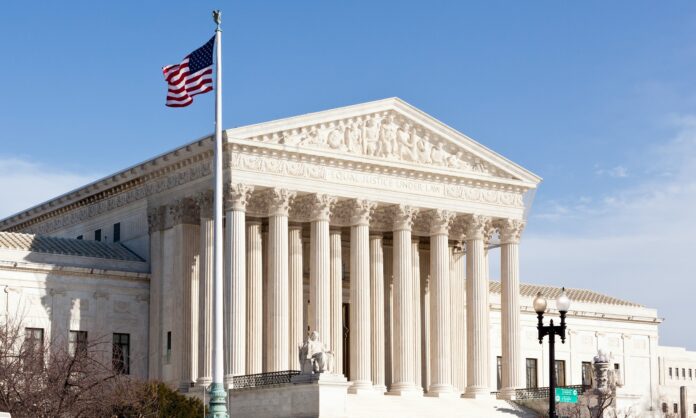You’ve most likely heard every opinion on each side of the Supreme Court ruling on our equal rights a few weeks ago. But here’s a point about the 303 Creative LLC v. Elenis case you haven’t heard: It was an unethical ruling by an unethical court.
First — the business that was opposing our rights to its services doesn’t even exist. Additionally, the gay people who were denied the services weren’t even gay and didn’t know they were being used in the case. That’s about as unethical as you can get. So the case was basically imagined, or — let’s use a good legal word for it: Fraudulent.
Second — we need to start taking the term “religious objection” more seriously, since those words allow almost anyone to discriminate against us and not other groups. That, my friends, is selective discrimination. You can’t use “religious objection” to serve a biracial couple in a restaurant or hotel. A Jewish kosher bakery shop can’t refuse to sell to Christians. A Christmas store can’t refuse to sell to Jews. But you can use “religious objection” against LGBTQ+ people? How far do you want to take these examples? It’s a sham ruling by a sham court on the take. Yep, I said “on the take.”
Let’s look a little further.
ProPublica reported that Unjust-ice Clarence Thomas has a good friend named Harlan Crow, a billionaire Republican mega donor and activist. That same friend provides Thomas with lovely gifts, including the house his mother lives in to this very day. That same friend had business before that same court that Un-Justice Thomas sits on, and yet, he did not recuse himself from the case. Talk about justice being blind.
Then there’s Unjust-ice Neil Gorsuch. Politico reported that nine days after being confirmed to the court, he sold a piece of property to Brian Duffy, an executive of the law firm Greenberg Traurig. Since that sale, Duffy’s firm has been before the court more than 22 times. Gorsuch did not recuse himself. We could list other members of this Supreme Court with similar fun financial friendships.
It seems like it’s one justice system for members of the Supreme Court and one for all other Americans. So why should we be surprised by them not understanding discrimination when they can’t understand ethics?
